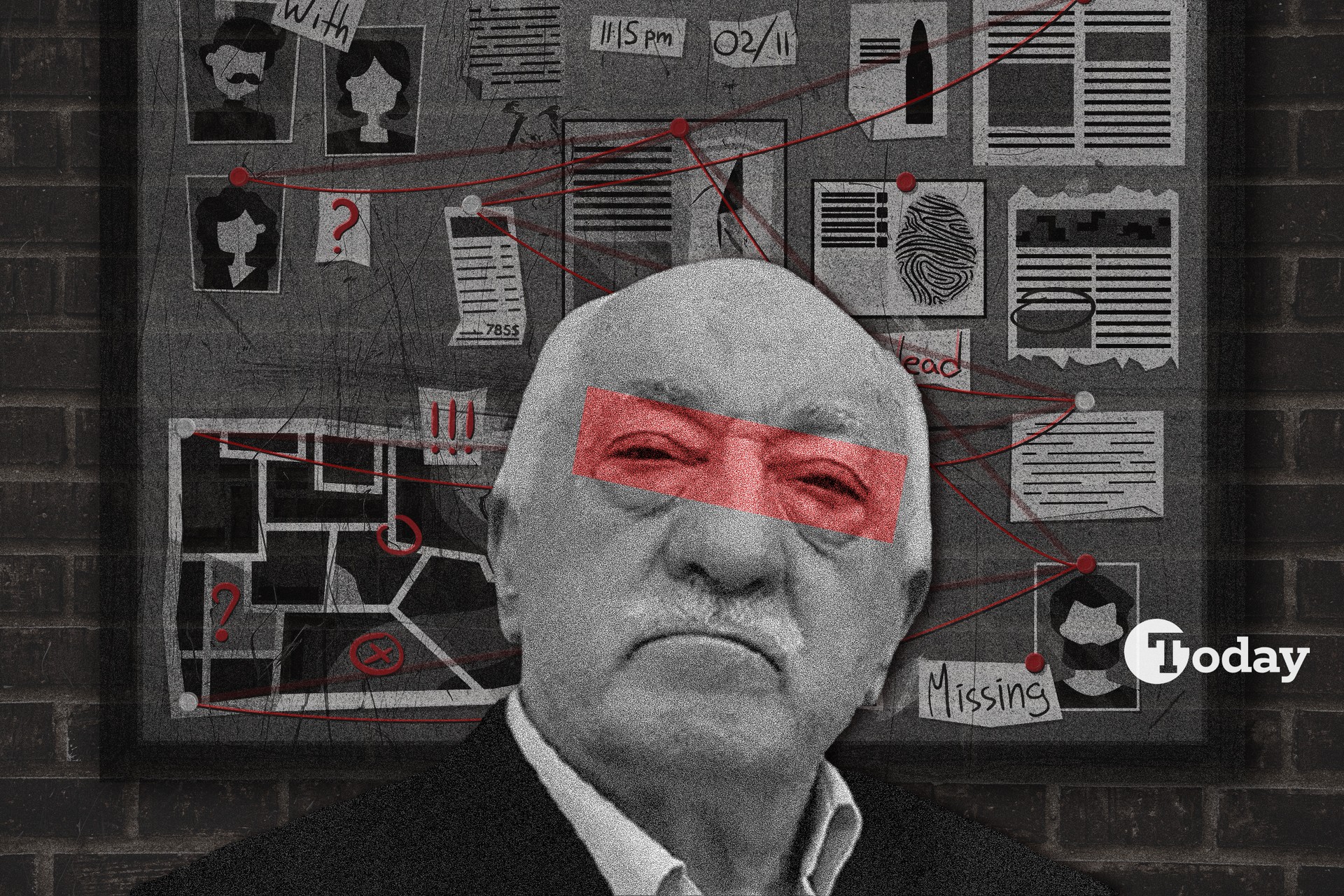
Security sources report that Germany has long been one of the main safe havens for members of the Fetullah Terrorist Organization (FETO) terrorist organization network, both before and after their failed coup attempt in Türkiye on July 15, 2016.
However, shifting political dynamics and the rise of far-right sentiment in Germany are now casting uncertainty over this status.
According to security sources, FETO has maintained a significant organizational structure and investments in Germany since the early 1990s. Many fugitive members settled in Germany following the coup attempt, including former Turkish military officers who deserted their positions after being recalled from NATO missions.
The country remains one of the most active centers for FETO's covert operations in Europe, with key figures such as Abdullah Aymaz, reportedly overseeing the network’s European operations, residing in Germany.
Security sources indicate that nearly a quarter of all fugitive FETO members have chosen Germany as their destination, drawn by the organization's entrenched structure already in place, perceived political protections and economic opportunity.
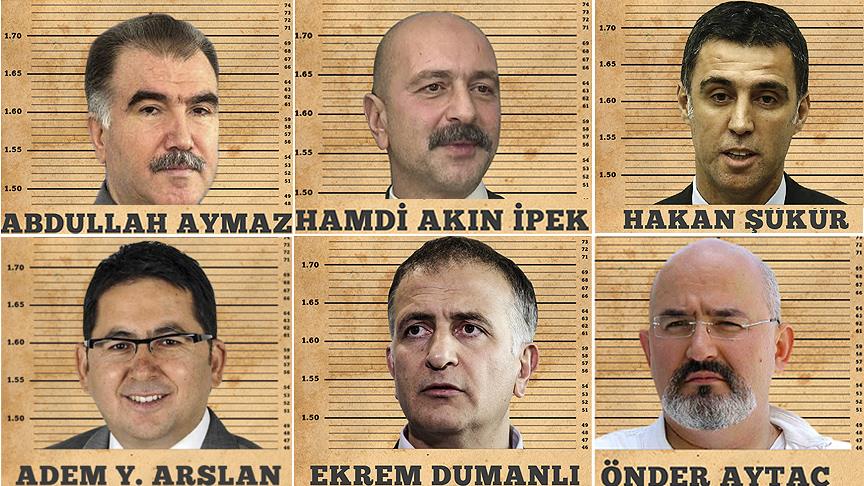
Security sources highlight growing concerns among FETO members regarding the rising influence of far-right political parties in Germany.
These anxieties have intensified following protests sparked by a Dec. 21 attack at a Christmas market in Magdeburg, reportedly carried out by a Saudi-born immigrant.
Observers suggest that upcoming elections in Feb. 2025 could further empower far-right parties, potentially resulting in stricter immigration policies and tighter citizenship regulations.
These developments have reportedly driven fugitive FETO members, including former military and police personnel, to expedite their citizenship applications out of fear of losing their residency rights.
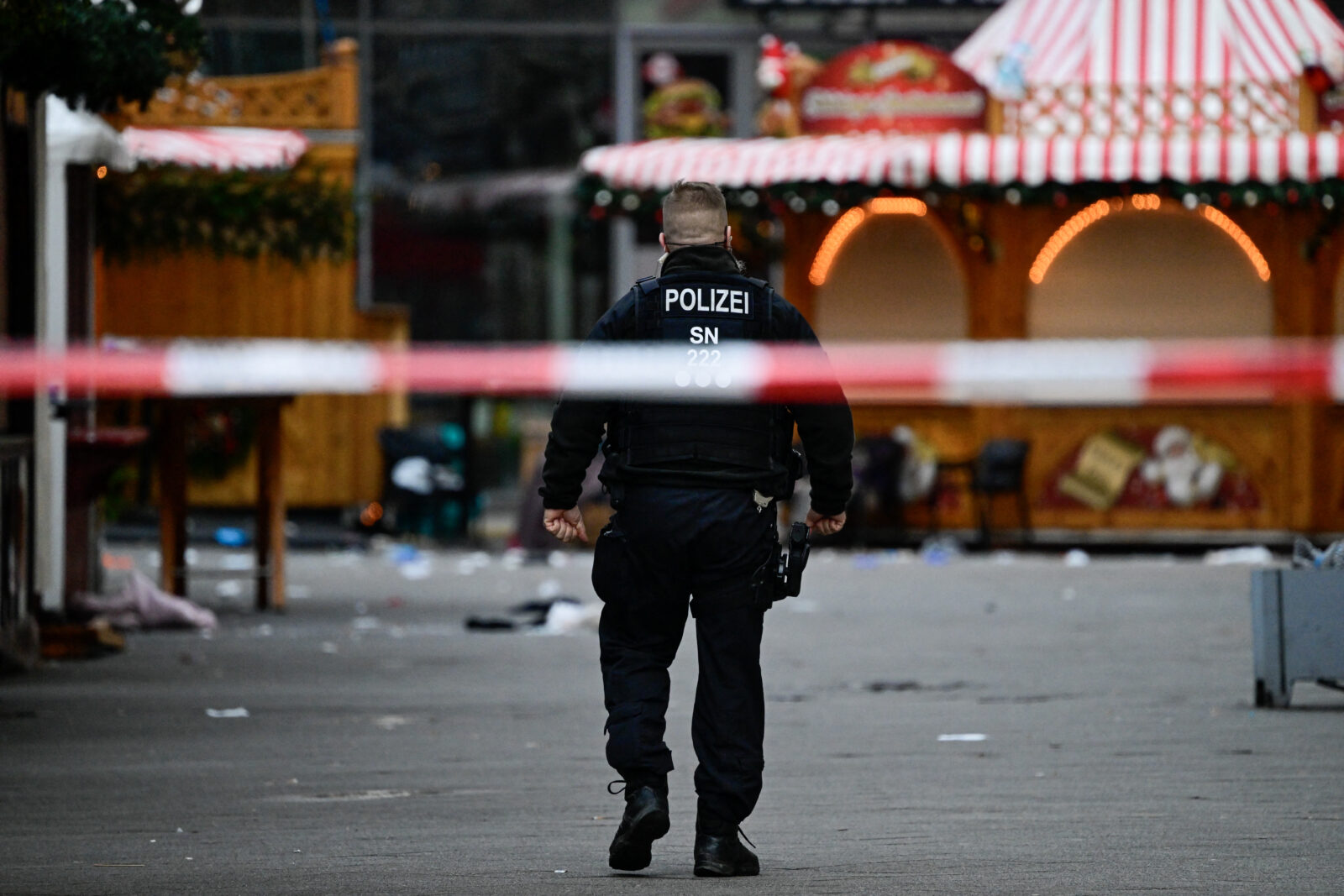
According to security sources, FETO has been actively working to integrate its fugitive members into German society.
The organization has reportedly encouraged expelled military officers and police personnel to pursue careers in public institutions, aiming to replicate its operational model from Türkiye within Germany.
Over the past five years, FETO has allegedly been strategically planning and investing in ways to gradually increase its influence within German bureaucracy and key institutions.
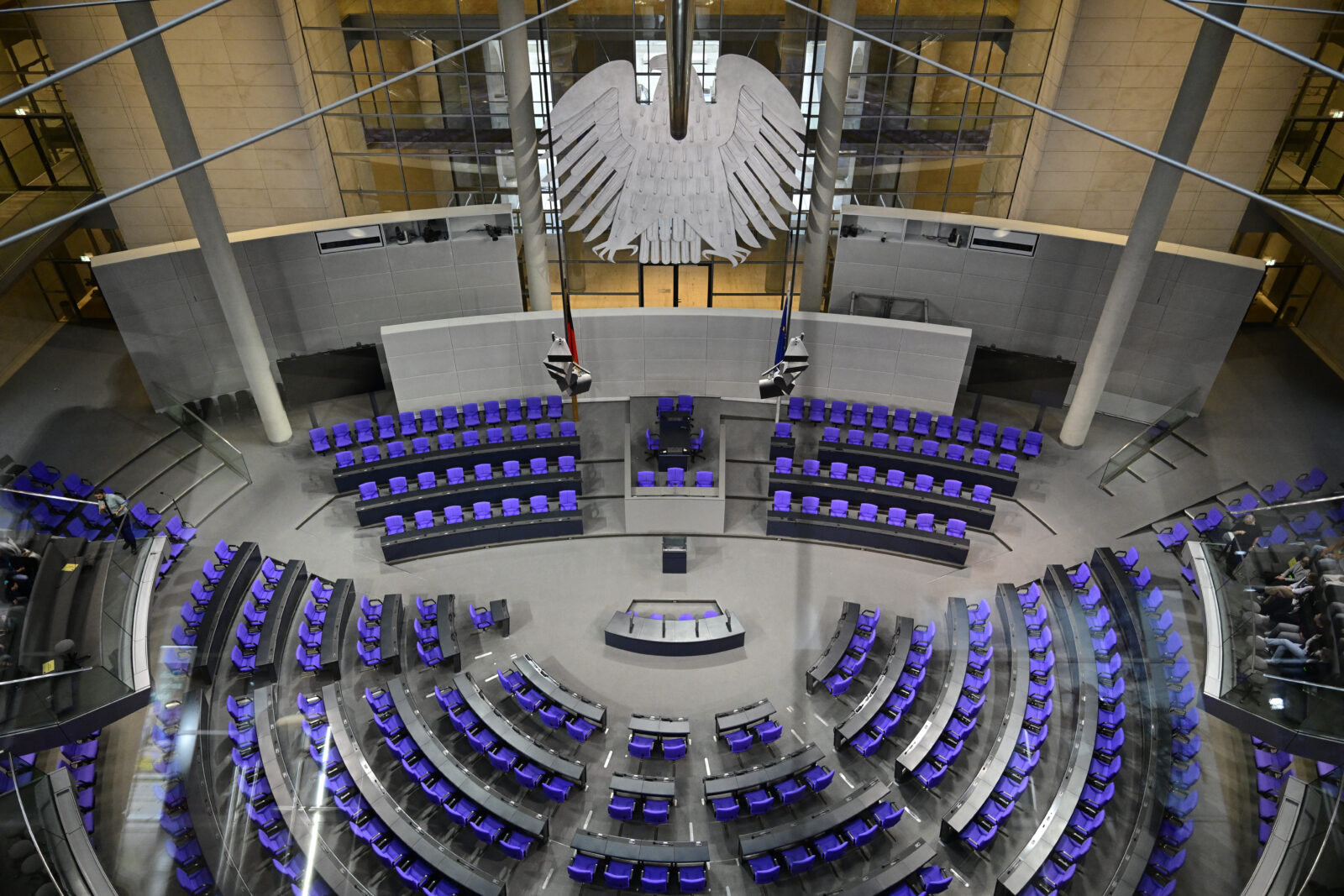
Security sources also point to rising concerns among FETO members about potential European policy changes regarding Syrian refugees. As discussions about repatriating Syrian migrants gain momentum, fears have grown among FETO fugitives that similar measures might eventually target them.
This uncertainty has added urgency to their efforts to secure citizenship or long-term residency rights in Germany.
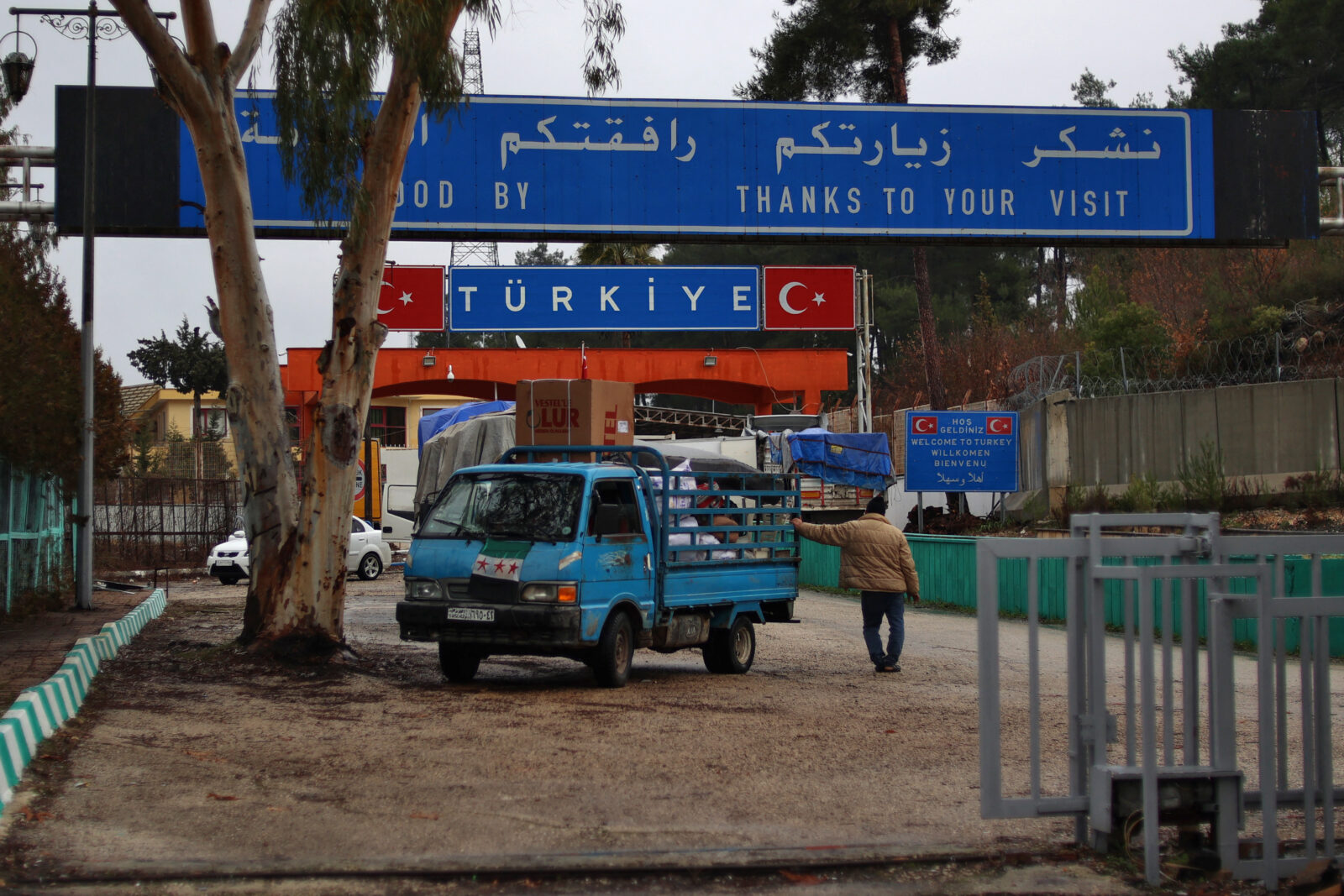
While Germany remains a critical hub for FETO networks, political and social developments present mounting challenges for the organization and its members.
Security analysts suggest that the coming months, particularly in the lead-up to Germany's February 2025 elections, will be crucial in determining the future dynamics of FETO's presence in the country.